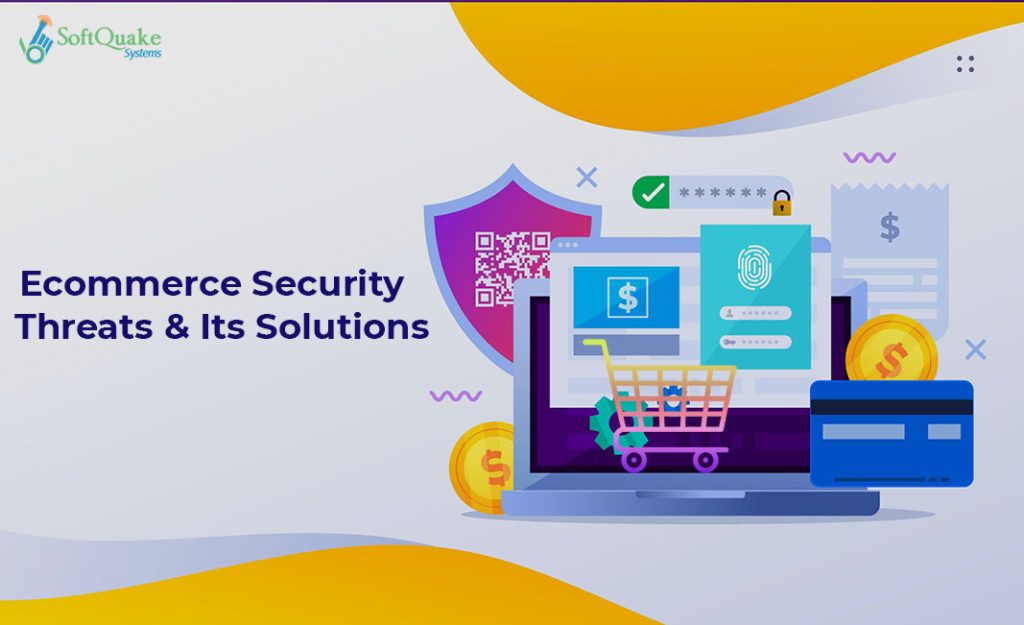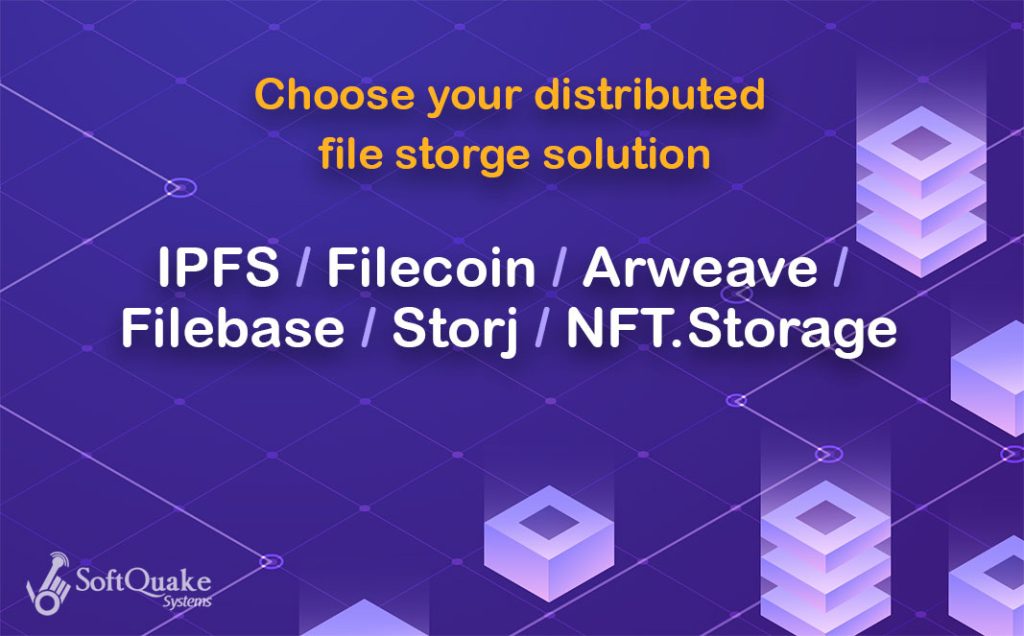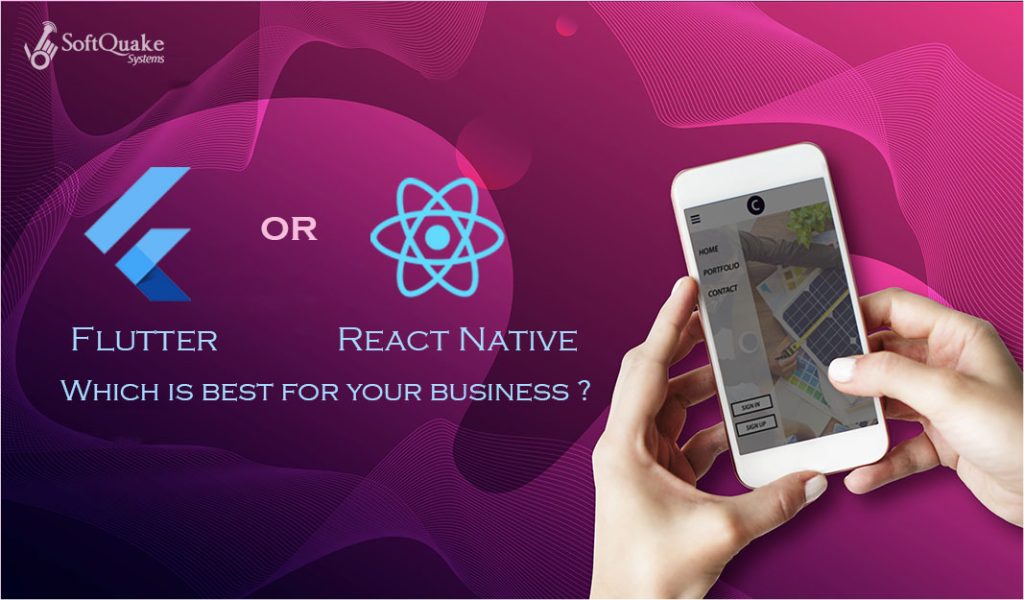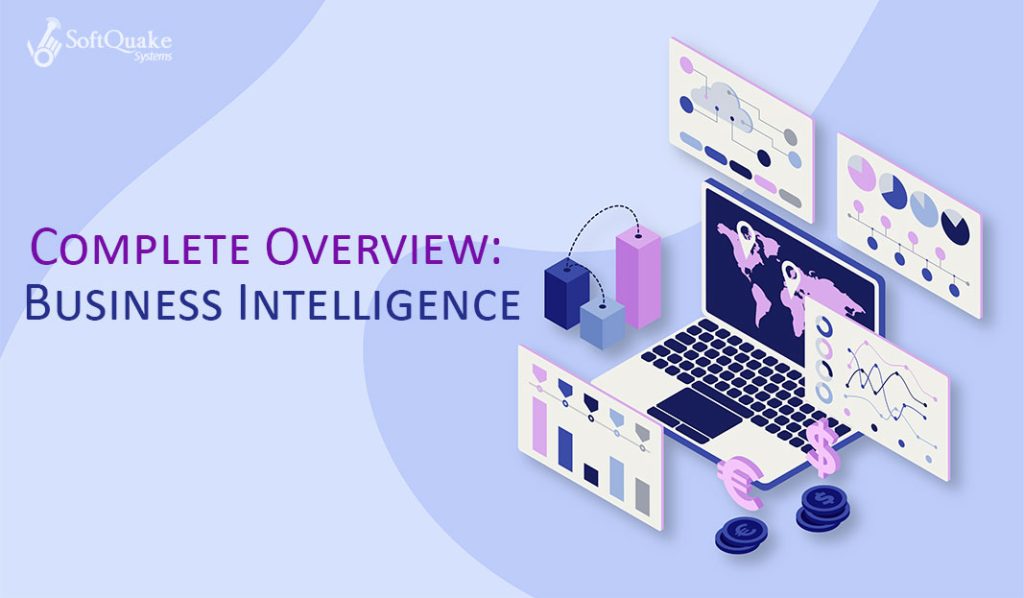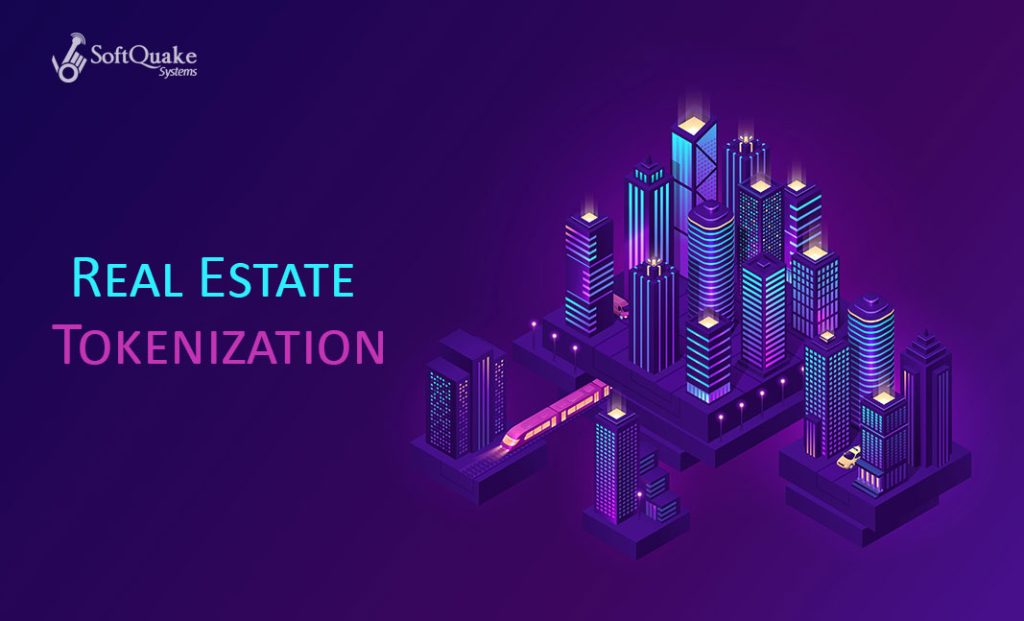Developing a blockchain betting game involves creating a decentralized platform where users can place bets in a secure, transparent, and autonomous environment. Blockchain technology offers several advantages for online betting, including transparency, reduced fraud, and the elimination of intermediaries, which can reduce transaction costs and increase trust among users.
What we consider for developing a blockchain betting game:
1. Define the Game Concept
- Type of Game: Decide on the type of betting game you want to develop (e.g., sports betting, casino games, prediction markets).
- Target Audience: Understand the demographic and geographic details of your potential users.
- Rules and Mechanics: Clearly define the game rules, betting mechanics, odds calculations, and reward structures.
2. Choose the Right Blockchain Platform
- Ethereum: Popular for its smart contract capabilities, suitable for complex betting games.
- Binance Smart Chain (BSC): Offers lower transaction fees compared to Ethereum and is becoming increasingly popular.
- Solana: Known for its high throughput and low-cost transactions, good for high-volume betting games.
- Other Blockchains: Consider platforms like EOS, Cardano, or custom solutions depending on your specific needs.
3. Smart Contract Development
- Contract Design: Design smart contracts that handle bets, payouts, and enforce game rules autonomously.
- Security: Focus on security to prevent exploits; consider hiring experts to audit the contracts.
- Testing: Extensively test smart contracts under various scenarios to ensure they function as expected without flaws.
4. User Interface and Experience
- Accessibility: Design a user-friendly interface that is accessible and appealing to your target audience.
- Mobile Compatibility: Ensure that the platform works seamlessly on mobile devices, considering a mobile-first approach if appropriate.
- Real-Time Updates: Implement real-time updates for bets and results to enhance user engagement.
5. Integration of Cryptocurrency Payments
- Wallet Integration: Allow users to connect their crypto wallets (like MetaMask, Trust Wallet) for seamless transactions.
- Multiple Cryptocurrencies: Support multiple cryptocurrencies to cater to diverse user preferences.
6. Compliance and Legal Considerations
- Regulatory Compliance: Ensure the platform complies with the laws and regulations of the jurisdictions where it will operate.
- Licensing: Obtain necessary gambling licenses, which can vary significantly from one region to another.
7. Launch and Marketing
- Beta Testing: Launch a beta version to gather user feedback and adjust the platform accordingly.
- Marketing Strategy: Develop a marketing plan that includes SEO, content marketing, partnerships with influencers, and social media campaigns.
- Community Building: Engage with users through forums, social media, and other channels to build a community around the game.
8. Maintenance and Updates
- Monitoring: Regularly monitor the platform for any issues, including bugs and potential security vulnerabilities.
- Updates: Continuously improve the game based on user feedback and technological advancements.
9. Scaling
- Scaling Solutions: As the platform grows, consider implementing scaling solutions like layer-2 protocols or sidechains to maintain performance and reduce costs.


 +91 8420731759
+91 8420731759


